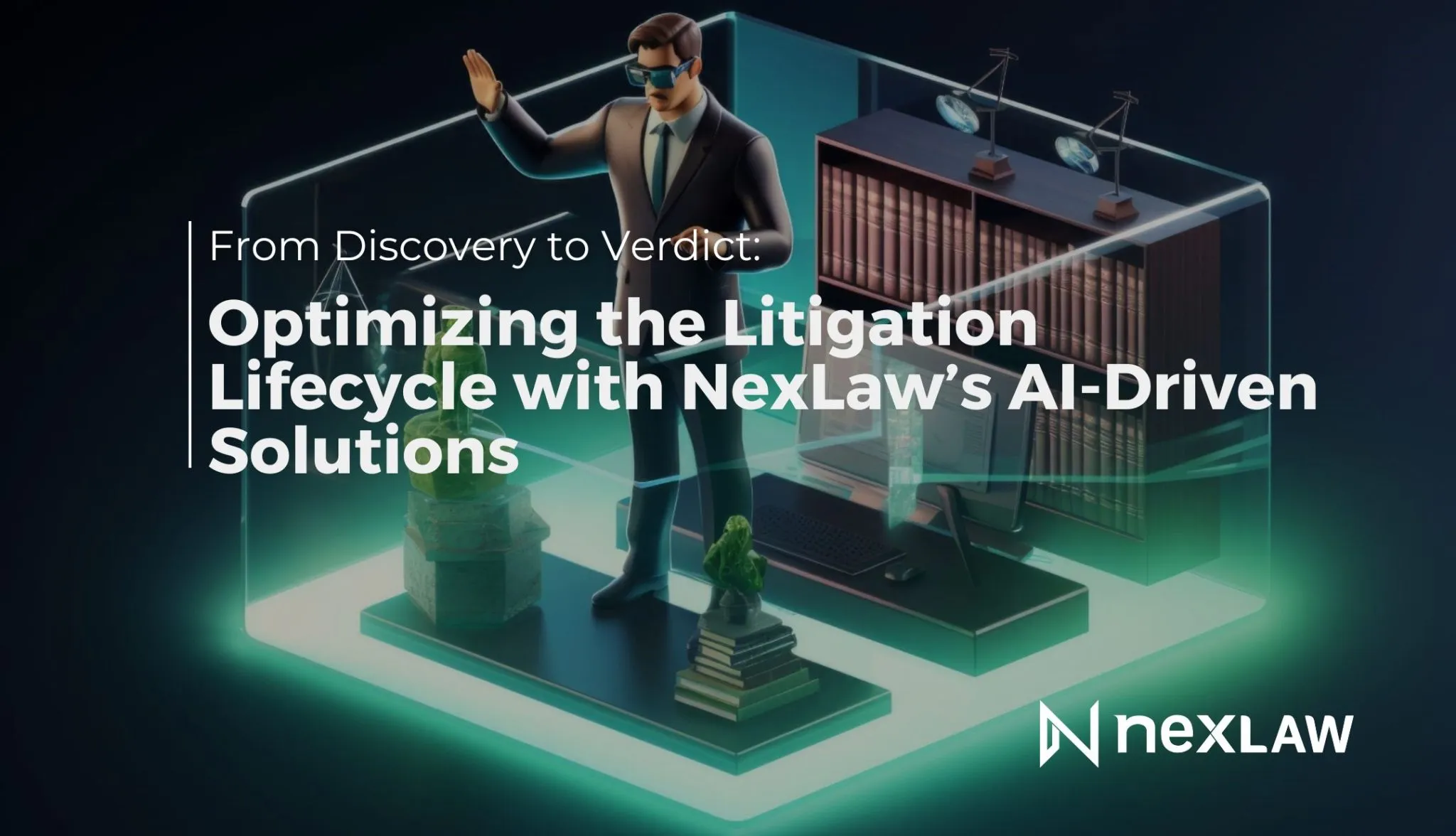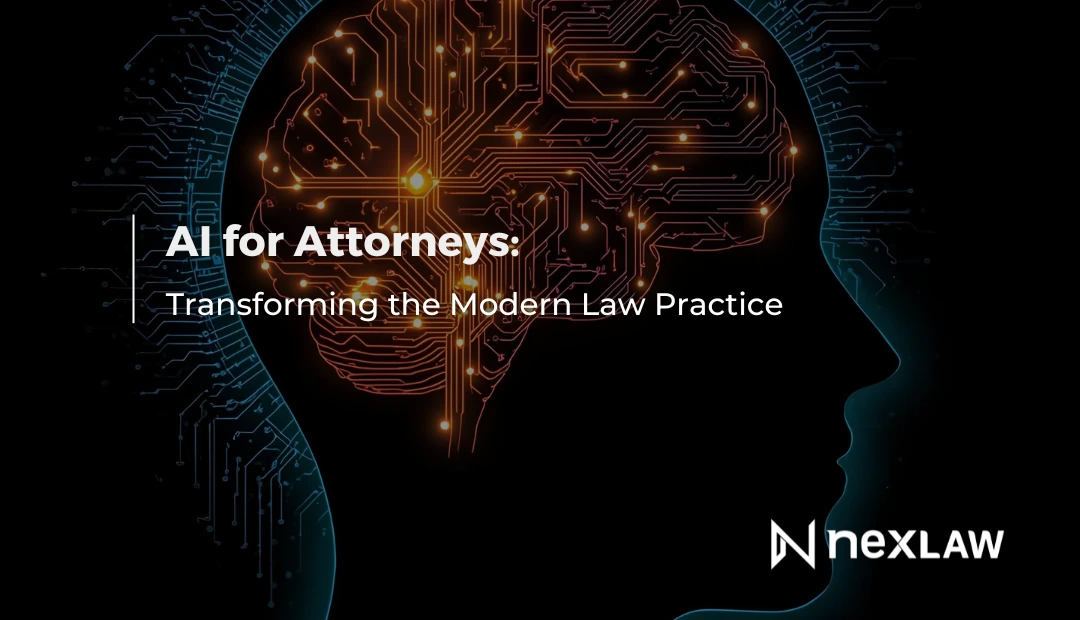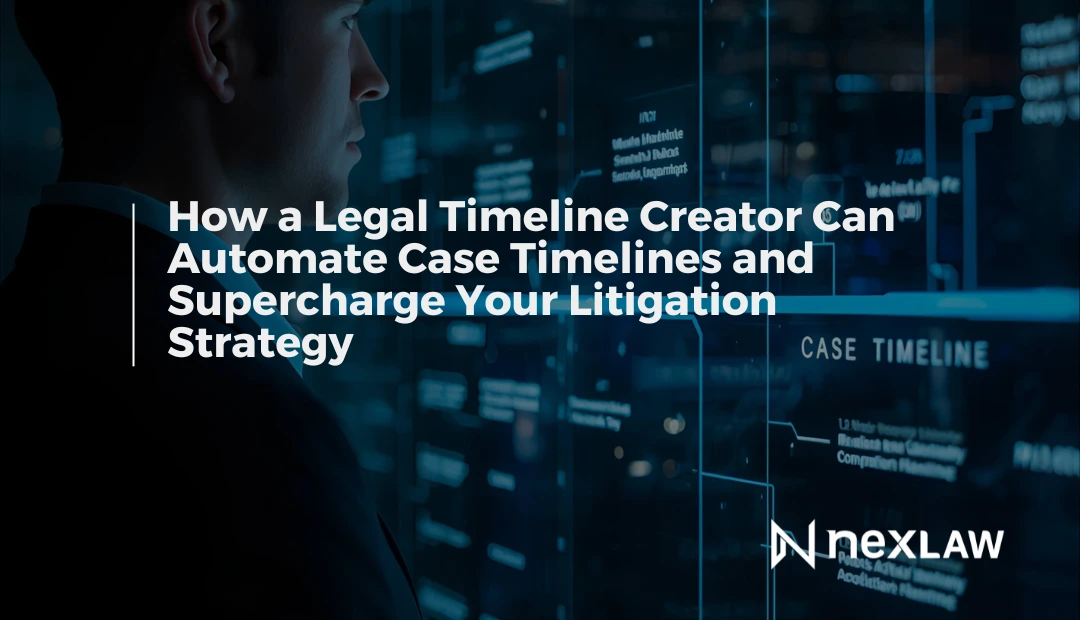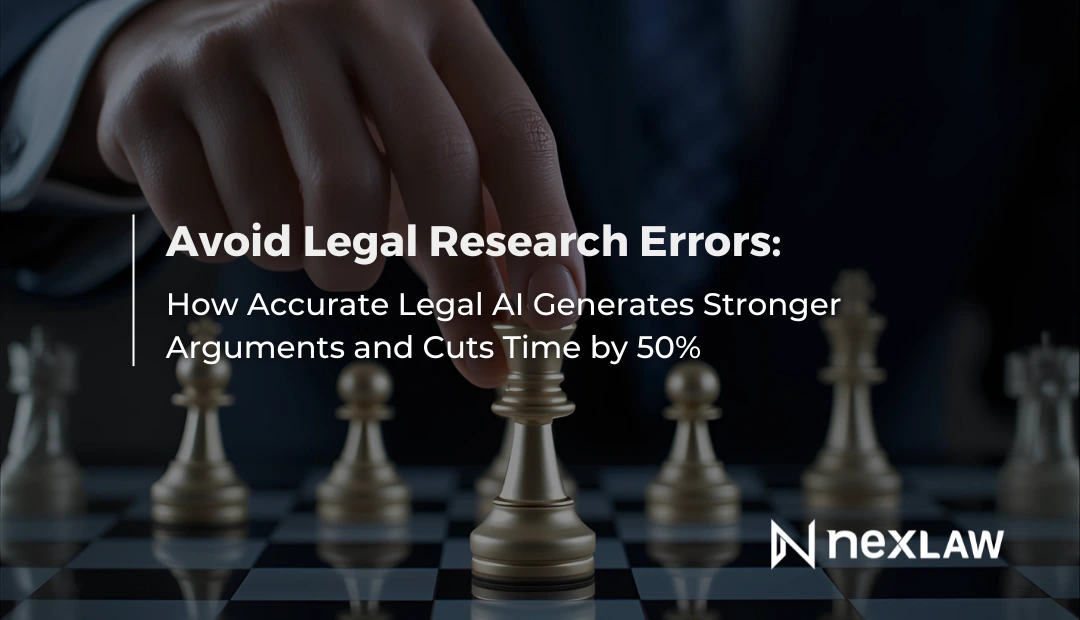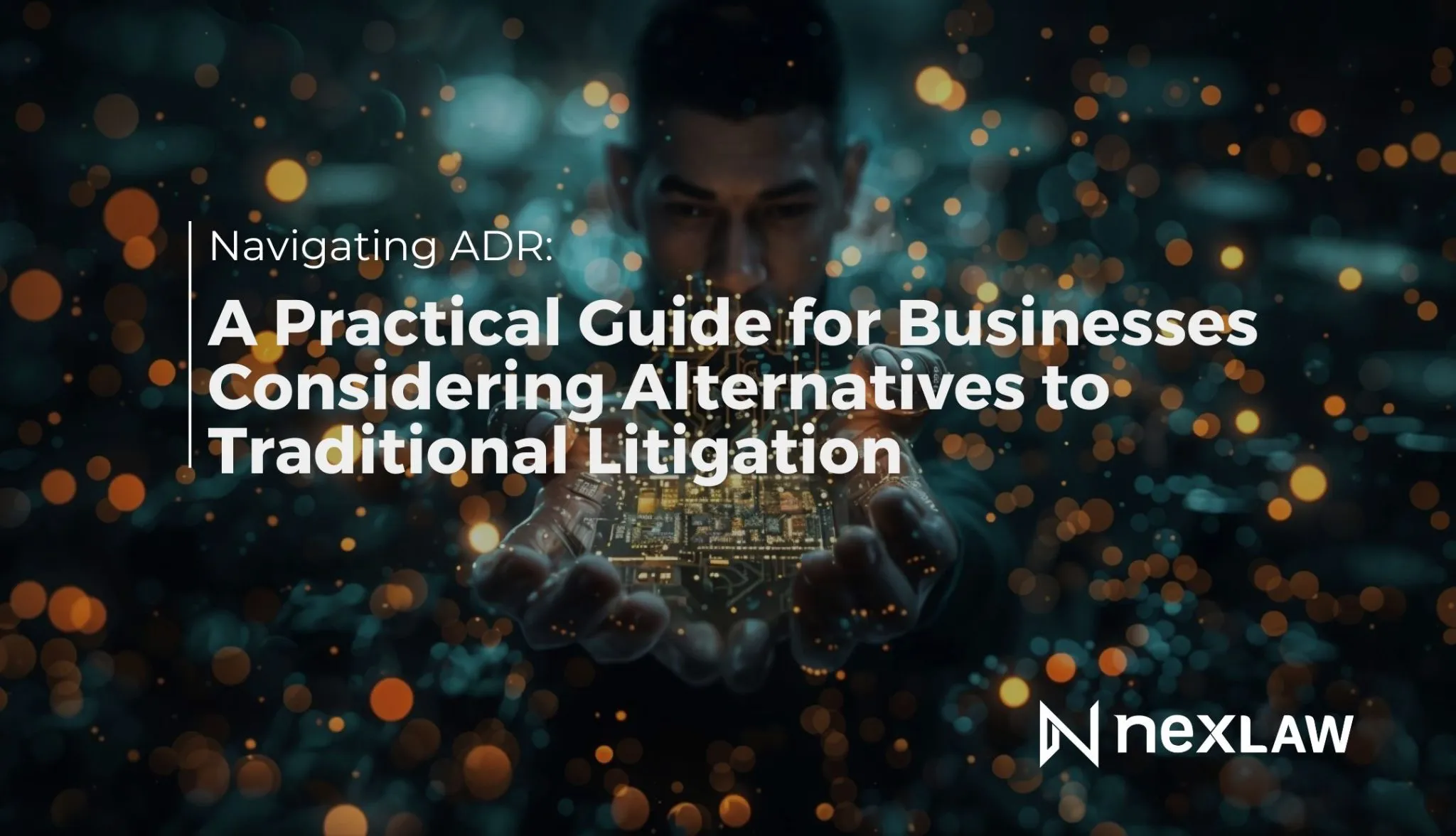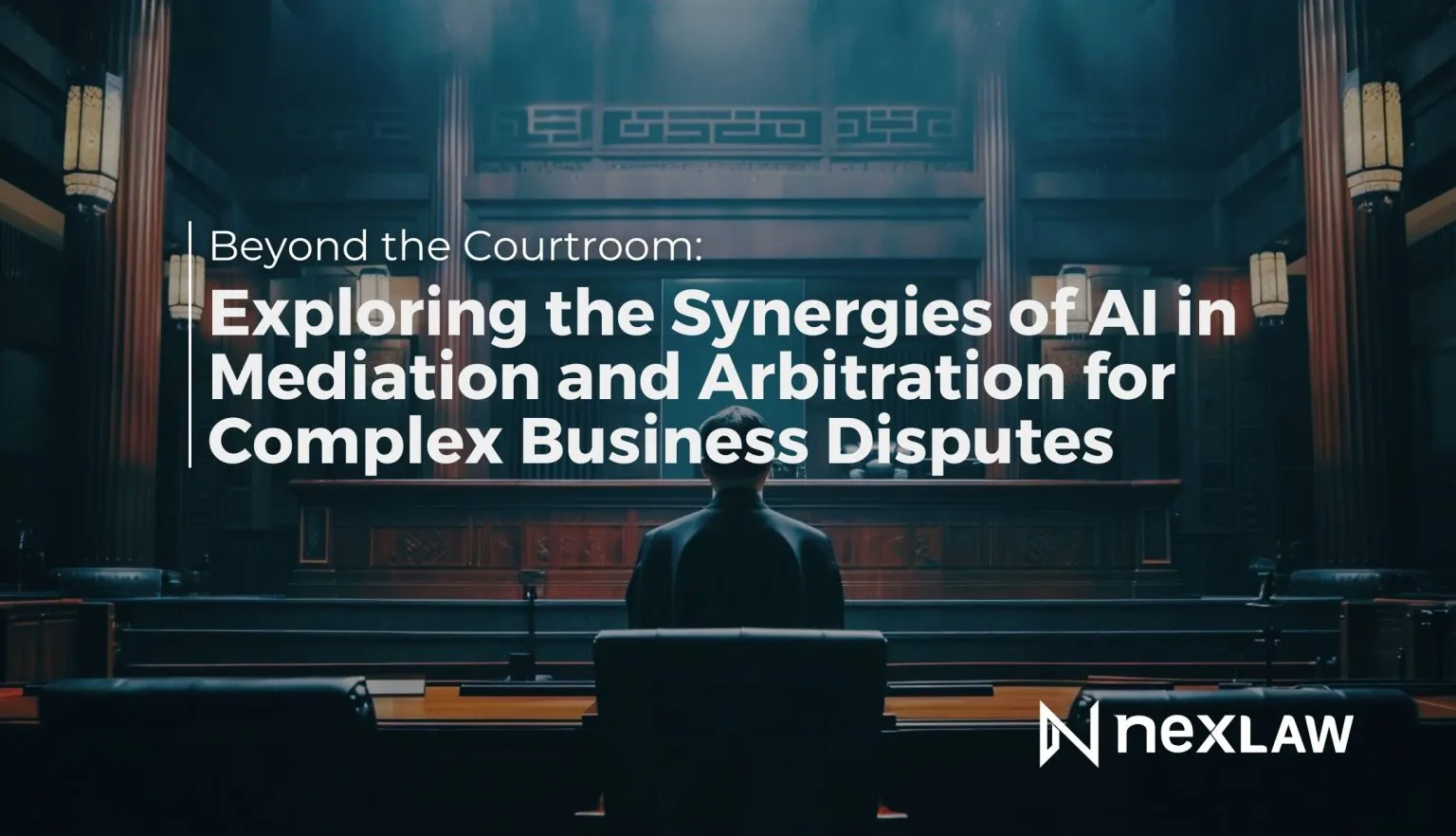AI in Litigation: How to Navigate Compliance Risks and Win in 2026
The adoption of litigation AI tools by US law firms has surged, with 63% of attorneys now using AI for case research, drafting and strategy; up from 42% in 2023. But behind this efficiency revolution lies a regulatory minefield. From $5 million DOJ settlements to bar sanctions for AI “hallucinations,” legal professionals face unprecedented compliance risks. This article unpacks the regulatory challenges of litigation AI in 2026, analyzes landmark enforcement cases and reveals how next-gen platforms like NexLaw AI are redefining safe, ethical AI adoption.
The AI Litigation Boom and Its Hidden Risks
By 2026, over 63% of US attorneys report using AI tools in litigation, a sharp rise from 42% in 2023. These tools accelerate legal research, automate drafting and provide predictive analytics—transforming how cases are prepared and argued. Yet, this rapid adoption has led to a surge in litigation risks:
AI Hallucinations:

Fabricated or inaccurate legal citations generated by AI have resulted in court sanctions and disciplinary actions.
Data Privacy Violations:

Improper handling of sensitive client data in AI workflows has triggered multimillion-dollar fines.
Ethical Breaches:

Failure to meet ABA Model Rule 1.1’s technology competence standard exposes lawyers to malpractice claims.
Regulatory Non-Compliance:

Emerging federal and state AI laws impose strict disclosure, audit, and bias mitigation requirements.
Landmark US Cases Highlighting Litigation AI Risks
1. New York Attorney Sanctioned for AI Hallucinations (2023)

- In one of the earliest high-profile cases, a New York attorney was sanctioned after submitting a brief containing multiple fictitious case citations generated by ChatGPT.
- The court emphasized that under Federal Rule of Civil Procedure 11(b), lawyers must verify all factual and legal content even if AI-assisted.
- This case set a precedent that AI-generated errors are not excusable ignorance.
2. Ross v. United States (D.C. Cir. 2026)

- In this recent appellate decision, the court cited OpenAI’s ChatGPT in both majority and dissenting opinions to interpret “common knowledge” in an animal cruelty case.
- While this shows judicial openness to AI, it also highlights risks when AI outputs influence legal reasoning without full human vetting.
3. DataWatch v. LegalAI Co. (Minnesota, 2026)

- A $2.3 million penalty was imposed after an AI tool used by a law firm improperly processed EU client data without GDPR-compliant safeguards.
- The case underscores the cross-border data privacy risks in litigation AI workflows, especially when cloud storage and third-party vendors are involved.
4. In re: AI-Generated Brief Sanctions (Texas, 2024)

- A Texas federal judge ruled that reliance on AI-generated briefs without human verification constituted reckless disregard under FRCP 11(b), leading to sanctions.
- This ruling reinforced the duty of lawyers to maintain oversight over AI outputs.
Regulatory Landscape: Navigating Federal and State AI Laws
Federal Developments
The Federal Trade Commission’s 2024 AI Accountability Rule mandates:
- Audit trails of AI-generated content
- Disclosure of AI use to clients and courts
- Bias mitigation and training data transparency
The DOJ’s AI Task Force has secured over $28 million in settlements from legal tech providers failing to comply with discovery, privacy, and disclosure rules.
State-Level Patchwork
States like California, New York, and Texas require:
- Mandatory AI ethics and competence training for lawyers
- Client consent for AI use in legal services
- Manual verification of AI-generated legal content
This fragmented regulatory environment demands vigilance and tailored compliance strategies.
Ethical Obligations: When AI Competence Becomes Mandatory
The 40-State Standard
Per LexisNexis’ 2026 Tech Competence Survey:
- 25% of sanctions motions now cite AI misuse or errors
- 40 states require CLE credits in AI ethics
- 29% of malpractice claims involve AI-related mistakes
Landmark Disciplinary Actions
- Wyoming Federal Court (2026): Two attorneys suspended for 6 months after ChatGPT fabricated 22 case citations in a Walmart labor dispute.

- New York Bar (2024): Attorney fined $10,000 for using AI to draft false affidavits.

- Texas Disciplinary Board (2026): First-ever disbarment for deliberately using AI to forge evidence.

Managing Litigation AI Risk: Best Practices for Legal Professionals
- Human-in-the-Loop Verification: Always review AI-generated content for accuracy before filing or client submission.
- Data Privacy Protocols: Use AI platforms compliant with GDPR, CCPA, HIPAA and attorney-client privilege standards.
- Transparent Disclosure: Inform clients and courts when AI is used and clarify its limitations.
- Ongoing Training: Stay updated on AI ethics, regulatory changes and platform capabilities.
- Audit Trails: Maintain logs of AI inputs and outputs to support compliance and defend against challenges.
NexLaw AI: Best AI-Powered Litigation in U.S.
NexLaw AI is designed with litigation risk mitigation at its core:
FRCP 11 Validation:

Automated citation checks prevent AI hallucinations and sanction risks.
Privacy by Design:

GDPR/CCPA-compliant data handling with encrypted storage and secure access.
Ethical AI Framework:

ABA Model Rule 1.1–aligned training modules and human-in-the-loop workflows.
Jurisdiction-Specific Compliance:

Tailored disclosure templates and audit trails for all 50 states.
Real-Time Risk Alerts:

Flag potential data privacy breaches and regulatory non-compliance before they escalate.
Conclusion: Embrace Litigation AI with Confidence and Caution
Litigation AI is no longer optional it’s a necessity for competitive US law practices in 2026. Yet, the risks are real and rising, from sanctions to privacy violations. Legal professionals must adopt AI solutions that prioritize compliance, transparency and ethical use.
NexLaw AI offers a proven, risk-mitigated platform that empowers lawyers to harness AI’s power safely and effectively.
Ready to transform your litigation workflow while managing AI risk? Book a NexLaw AI demo today or subscribe to future-proof your practice.
